The best 10 Most sold novels
The topic of the most sold novels revolves around literary works that have achieved significant commercial success, often measured by the number of copies sold worldwide. These novels typically resonate with a wide audience due to their compelling narratives, memorable characters, and universal themes. Notable examples include classics like "Don Quixote" by Miguel de Cervantes and modern bestsellers such as J.K. Rowling's "Harry Potter" series, which have captivated readers across generations and cultures.
The phenomenon of bestselling novels reflects broader cultural trends and societal interests at the time of their release. For instance, the "Harry Potter" series not only transformed the landscape of children's literature but also ignited a global fascination with fantasy genres. Another remarkable example is "A Tale of Two Cities" by Charles Dickens, which has remained popular since its publication in the 19th century, showcasing themes of sacrifice and resurrection during the tumultuous period of the French Revolution. Additionally, the rise of contemporary authors like Dan Brown and Stephen King illustrates how diverse genres, including thrillers and horror, have carved out significant market shares. The metrics used to determine bestselling status can vary, encompassing factors such as sales figures, time periods, and geographical reach, further complicating the landscape of literary achievement. Overall, the most sold novels not only represent financial success but also highlight the evolving tastes and interests of readers around the world.

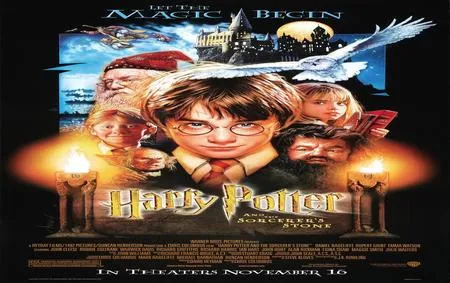 View All
View AllHarry Potter - Harry Potter features messy black hair, striking green eyes, a lightning-shaped scar, and a determined, courageous demeanor.

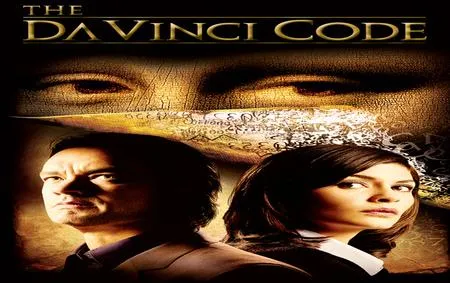 View All
View AllThe Da Vinci Code - A gripping thriller blending art, history, and secret societies, with a fast-paced narrative and unexpected twists.

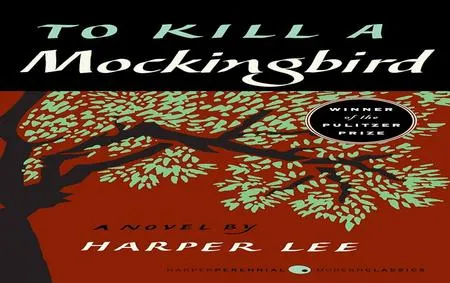 View All
View AllTo Kill a Mockingbird - “To Kill a Mockingbird” features moral growth, racial injustice, childhood innocence, strong characters, and a compelling narrative voice.

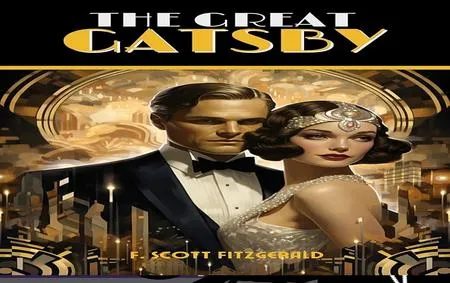 View All
View AllThe Great Gatsby - The Great Gatsby features lavish parties, unrequited love, social class struggles, and the pursuit of the American Dream.

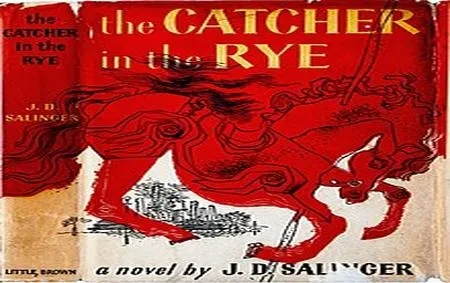 View All
View AllThe Catcher in the Rye - A poignant exploration of teenage angst, alienation, and the quest for identity set in post-war America.

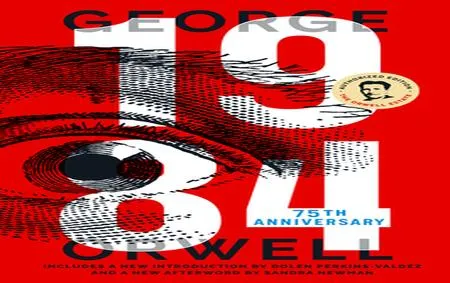 View All
View All1984 novel - 1984 features a dystopian society, surveillance, totalitarianism, thought control, and the struggle for individuality and truth.

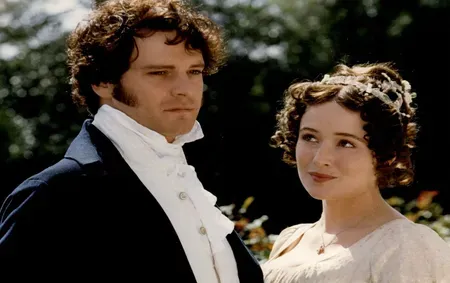 View All
View AllPride and Prejudice - Pride and Prejudice features wit, societal critique, strong characters, romance, misunderstandings, and a transformation of personal values.

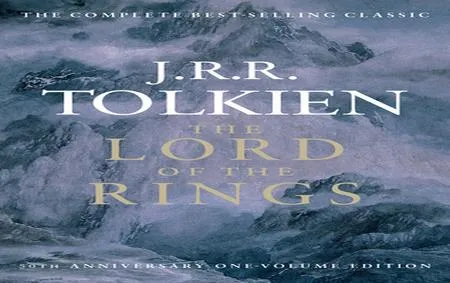 View All
View AllThe Lord of the Rings - Epic battles, diverse races, timeless friendships, rich lore, stunning landscapes, and a quest against dark forces.

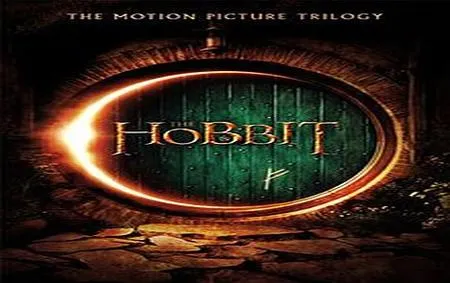 View All
View AllThe Hobbit - A whimsical adventure featuring a reluctant hero, enchanting landscapes, diverse creatures, and a quest for treasure and courage.

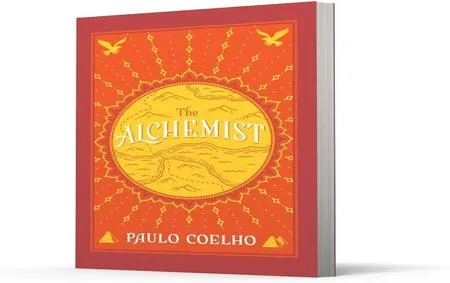 View All
View AllThe Alchemist - A captivating blend of adventure, self-discovery, and spirituality, exploring dreams, personal legends, and the pursuit of happiness.
The best 10 Most sold novels
1.
Harry Potter
Pros
Enhanced imagination
fosters creativity
promotes empathy
encourages friendship
teaches resilience
inspires courage
explores complex themes
builds community
stimulates critical thinking
provides escapism
cultivates a love for reading.
Cons
Over-commercialization
inconsistent character development
reliance on clichés
portrayal of complex issues oversimplified
lack of diversity
problematic themes
exclusionary fan culture
unrealistic world-building
tedious subplots.
2.
The Da Vinci Code
Pros
Engaging plot
thought-provoking themes
historical intrigue
puzzle-solving excitement
rich character development
exploration of faith and science
cultural references
stimulating discussion
entertainment value
and suspenseful twists.
Cons
Promotes historical inaccuracies
oversimplifies complex themes
may offend religious beliefs
encourages conspiracy theories
lacks character depth
can be overly sensationalized
undermines scholarly research.
3.
To Kill a Mockingbird
Pros
Explores themes of racial injustice
fosters empathy
enhances critical thinking
encourages moral reflection
provides historical context
develops literary appreciation
stimulates discussions on ethics and society.
Cons
Oversimplified racial issues
outdated language
potential for misinterpretation
lack of female character development
glorification of the white savior narrative
limited perspective on systemic racism.
4.
The Great Gatsby
Pros
Exploration of the American Dream
rich character development
vivid imagery
historical context
themes of love and loss
critique of wealth and society
engaging narrative style.
Cons
Simplistic characters
unrealistic portrayals of wealth
lack of diverse perspectives
romanticizes obsession
promotes disillusionment
critiques American Dream without solutions
may feel dated to modern audiences.
5.
The Catcher in the Rye
Pros
Explores themes of alienation
fosters empathy
encourages self-reflection
critiques societal norms
enhances understanding of adolescence
ignites discussions on mental health
promotes literary appreciation.
Cons
Limited character development
repetitive themes
bleak outlook on life
alienation and isolation
controversial language
potential to misinterpret Holden's cynicism
can be emotionally distressing.
6.
1984 novel
Pros
Critical thinking development
understanding totalitarianism
exploring themes of surveillance
enhancing historical awareness
fostering discussions on privacy
stimulating imagination
appreciating literary style
reflecting on personal freedoms.
Cons
Bleak outlook on humanity
oppressive themes
emotional distress
complex language
unsettling atmosphere
potential for nihilism
challenging concepts
lack of hope
can be triggering for some readers.
7.
Pride and Prejudice
Pros
Enhanced understanding of societal norms
improved language skills
deeper emotional insights
appreciation for character development
exploration of themes like love and class
timeless humor and wit.
Cons
Outdated gender roles
slow pacing
potential confusion with archaic language
limited character diversity
romantic idealization
lack of modern themes
may feel irrelevant to contemporary readers.
8.
The Lord of the Rings
Pros
Immersive storytelling
rich world-building
profound themes
memorable characters
moral lessons
emotional depth
cultural significance
inspiration for creativity
community engagement
and enhanced imagination.
Cons
Lengthy runtime can be daunting
complex lore may confuse newcomers
pacing issues in some parts
potential for overwhelming character arcs
and high expectations can lead to disappointment.
9.
The Hobbit
Pros
Imagination and creativity enhancement
appreciation for literature
exploration of themes like friendship and bravery
engagement with rich world-building
inspiration for adventure
enjoyment of timeless storytelling.
Cons
Pacing issues in parts of the story
some characters lack depth
overly simplistic themes
outdated stereotypes
and inconsistent tone between chapters.
10.
The Alchemist
Pros
Inspiration for personal growth
encouragement to pursue dreams
exploration of self-discovery
philosophical insights
appreciation for the journey
connection to universal themes
emotional resonance
and empowerment.
Cons
Simplistic themes
lack of character depth
repetitive narrative
unrealistic expectations
philosophical ambiguity
overemphasis on destiny
cultural stereotypes
potential disconnection from reality
may feel preachy.